How terrorism is deforming the face of Europe
Does Europe even recognize itself anymore?
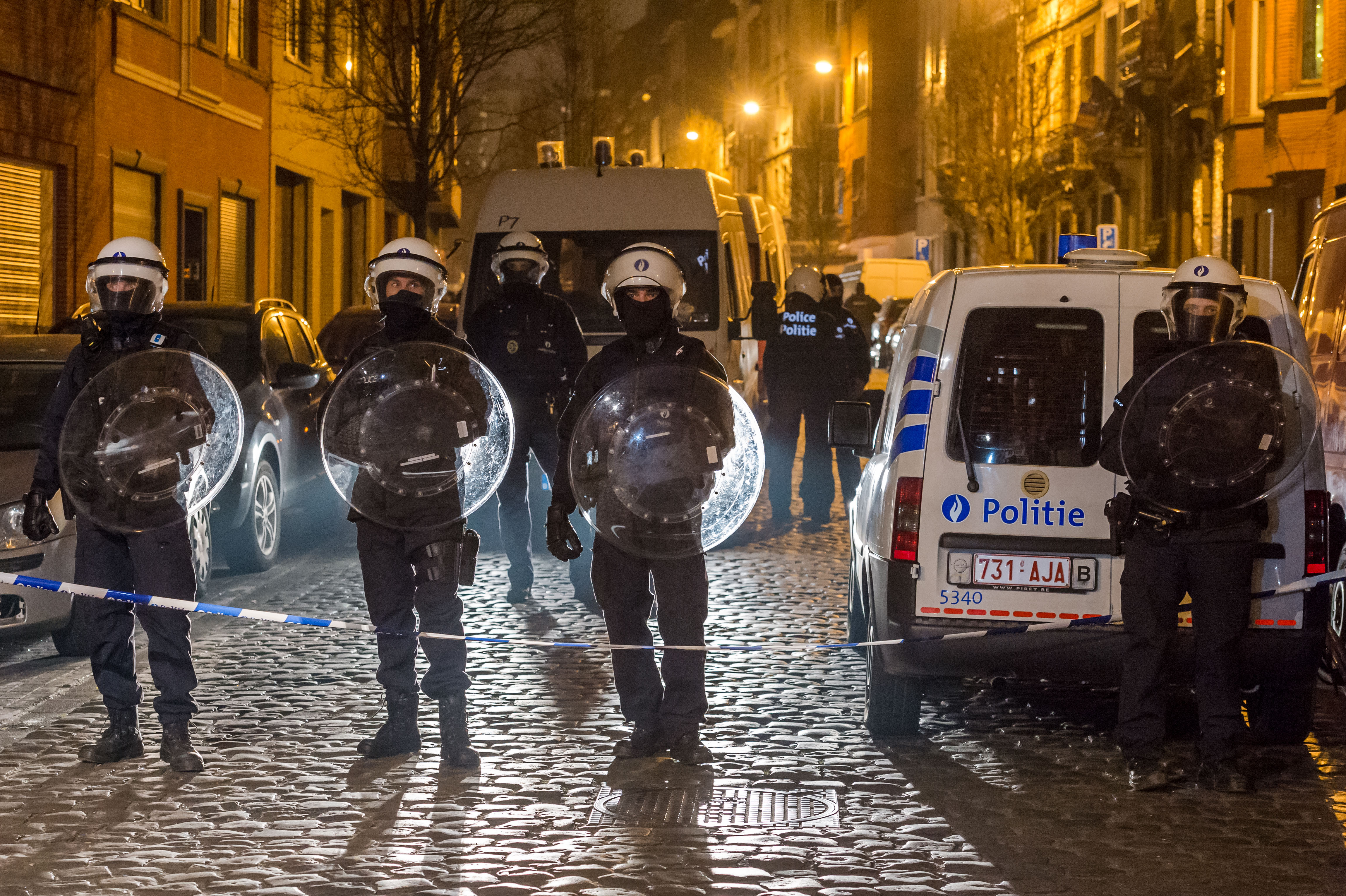

Terrorism is beginning to disfigure the face of Europe. Besides the price of the carnage itself, terrorism is changing the character of Europe's politics, threatening to make the arrangements of the EU look like utopianism, and leading to new restrictions and hassles for the lives of Europeans.
Tuesday's terrorist attacks in Brussels, which ISIS claims as its own handiwork, killed dozens and injured hundreds. Officials there say they expected some kind of retaliation for the recent arrest of Salah Abdeslam, who was wanted in connection with last year's attacks in Paris. Until more evidence surfaces, it is impossible to know if this attack was that retaliation or something planned further in advance. Police forces have also turned up evidence that Abdeslam was also planning an attack before his arrest, perhaps this one.
Belgium is a small country, and hundreds of its Muslim residents have traveled to fight in Syria for ISIS and then returned. The security and surveillance demands this threat imposes already overwhelm Belgium's rather limited policing and intelligence resources. At a time when the problems posed by poorly integrated Muslim communities are leading to a renewal of Euroskepticism, the threats to Europe from within Belgium call for something like the opposite: more cooperation on security throughout the continent. How can Germany or France be doing their own job of protecting their citizens if, as last November proved, Belgium can be the source of serious terrorist threats?
Subscribe to The Week
Escape your echo chamber. Get the facts behind the news, plus analysis from multiple perspectives.

Sign up for The Week's Free Newsletters
From our morning news briefing to a weekly Good News Newsletter, get the best of The Week delivered directly to your inbox.
From our morning news briefing to a weekly Good News Newsletter, get the best of The Week delivered directly to your inbox.
But most frightening is the way Europe is changing after each attack. When security is threatened, liberty goes soon afterward. After the November attack in Paris, France's own military deployed in French streets, acting as a semi-permanent guard to synagogues and other Jewish institutions. The former certainties of continental politics are also changing. The Schengen Agreement that allows Europeans free travel across EU borders, perhaps the most tangible way Europeans enjoy modern Europe's peace, is now threatened by the upheaval from terrorism.
At the same time, the inability of Europe to deal with this threat of terrorism, or to maintain even the illusion of control over immigration into the continent fuels the rise of populist nationalism. These new parties, challenging the traditional center, right, and left alike, would do more than erase the Schengen accord should any of them achieve real power in one of the major European states.
Popular frustration over immigration is even starting to bring back early 20th century politics where popular movements dress in uniforms and march through hostile neighborhoods to express themselves and provoke reactions. See the way the English city of Luton has become a stage for an ongoing set of rival productions, Islamist or anti-immigrant.
Some attempts to deal with the problems caused by unassimilated migrants become a sick farce. After what seemed like a night of coordinated mass sexual assault on New Year's Eve, Cologne Mayor Henrietta Recker, an advocate for the cause of refugee resettlement in Europe, advised women to "stick together in groups, don't get split up, even if you're in a party mood.” She also said that perhaps European women needed a “code of conduct” that indicates they are unavailable to be groped by strangers in the street. At the very moment when the defining feature of Western life — freedom to show one's face in public — was temporarily occluded, a political leader was making a backhanded tribute to Sharia law, suggesting that unaccompanied or "frisky" women would meet danger.
When a sense of order and security disappears from a nation, freedom disappears soon after. Europe's leaders denied for decades that they had problems of assimilation, then convinced themselves that radicalization within the modern European ghetto would burn itself out. Now they have almost convinced themselves that a nearly uncontrolled wave of migration carries no significant risks to Europe. But, slowly, the steady pace of attacks, the threat of popular electoral revolt, and a foreboding climate of fear and self-censorship are transforming Europe into something it never intended to be.
Sign up for Today's Best Articles in your inbox
A free daily email with the biggest news stories of the day – and the best features from TheWeek.com
Michael Brendan Dougherty is senior correspondent at TheWeek.com. He is the founder and editor of The Slurve, a newsletter about baseball. His work has appeared in The New York Times Magazine, ESPN Magazine, Slate and The American Conservative.
-
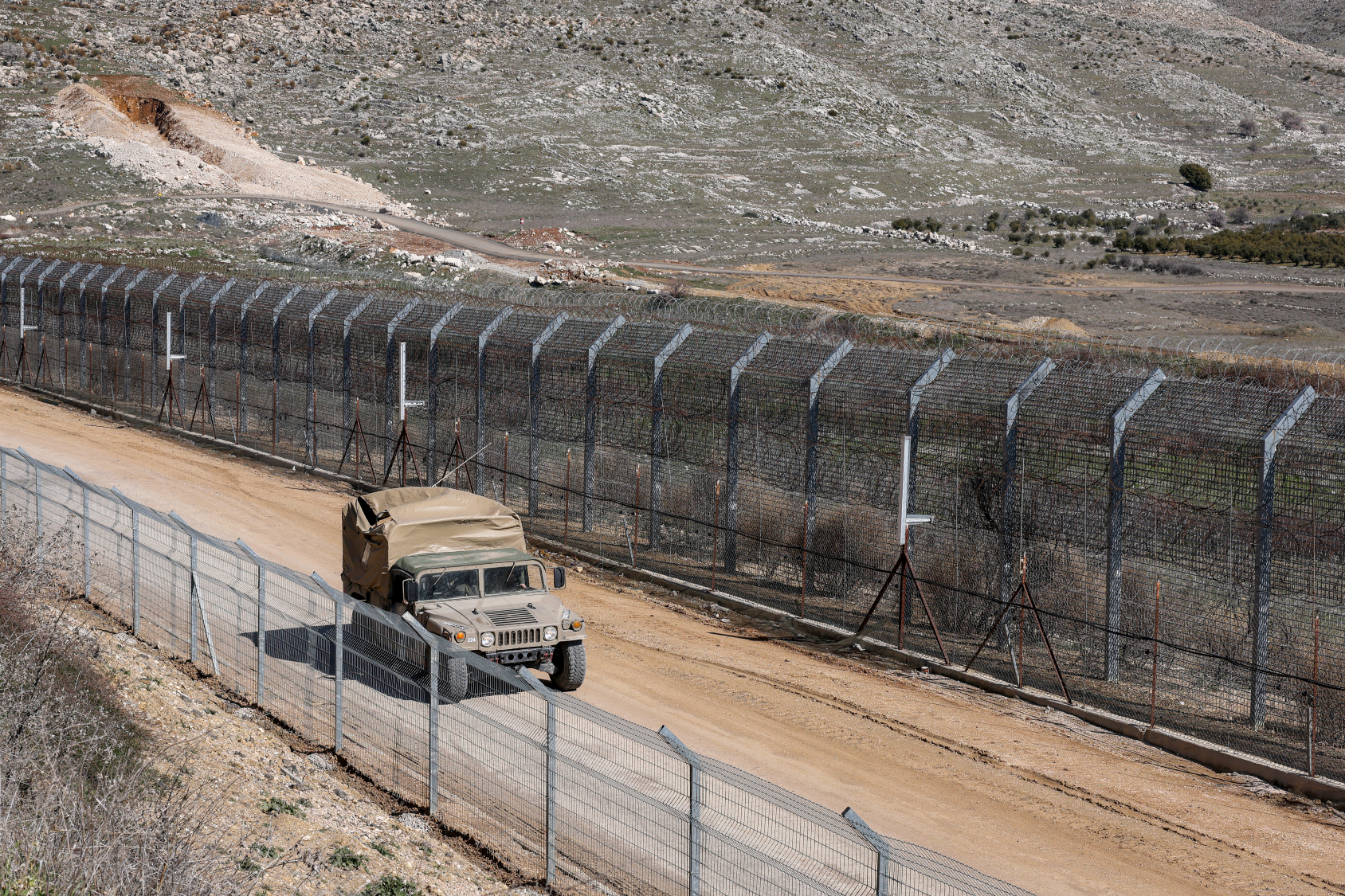 Inside the Israel-Turkey geopolitical dance across Syria
Inside the Israel-Turkey geopolitical dance across SyriaTHE EXPLAINER As Syria struggles in the wake of the Assad regime's collapse, its neighbors are carefully coordinating to avoid potential military confrontations
By Rafi Schwartz, The Week US
-
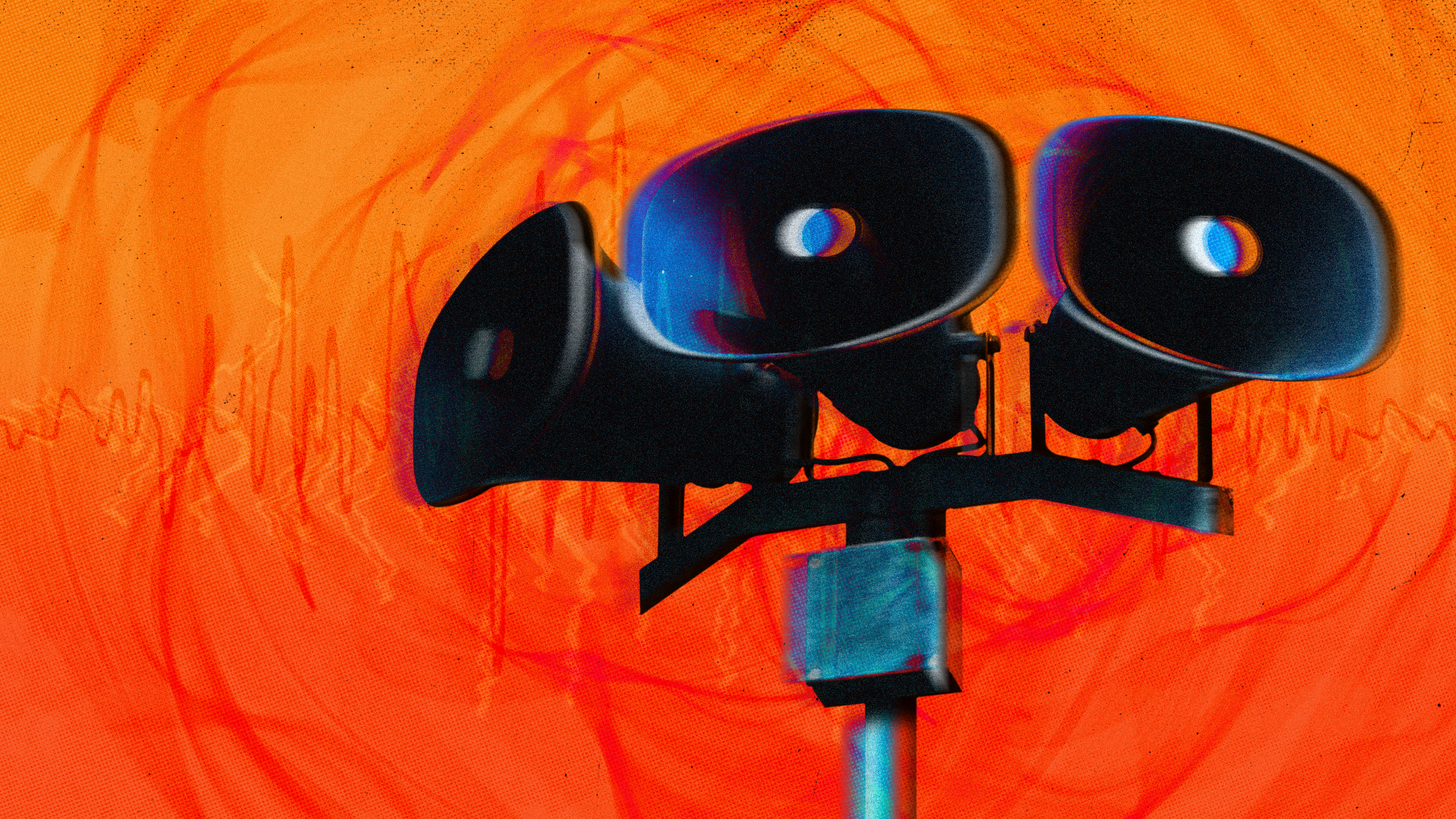 'Like a sound from hell': Serbia and sonic weapons
'Like a sound from hell': Serbia and sonic weaponsThe Explainer Half a million people sign petition alleging Serbian police used an illegal 'sound cannon' to disrupt anti-government protests
By Abby Wilson
-
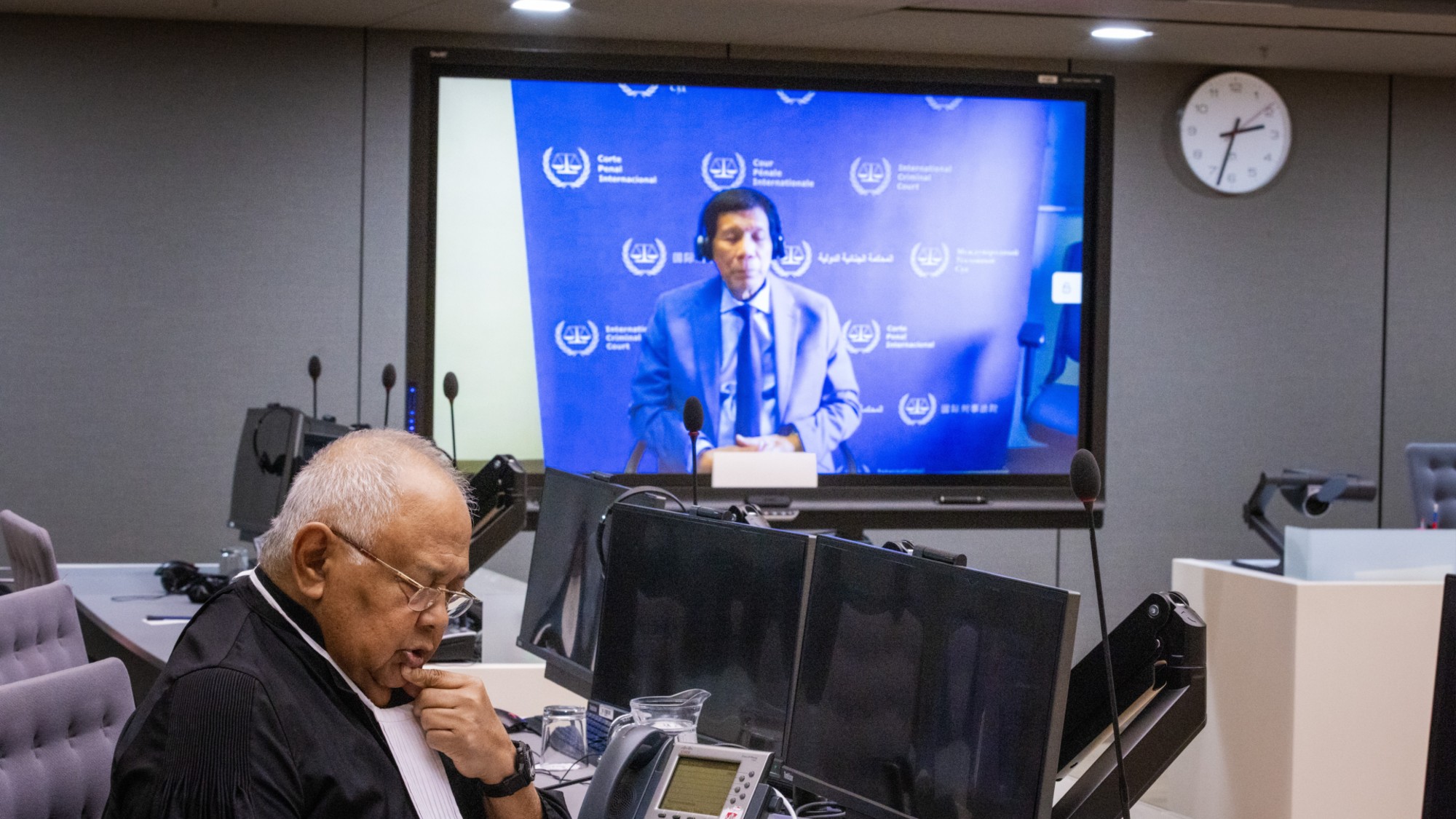 The arrest of the Philippines' former president leaves the country's drug war in disarray
The arrest of the Philippines' former president leaves the country's drug war in disarrayIn the Spotlight Rodrigo Duterte was arrested by the ICC earlier this month
By Justin Klawans, The Week US
-
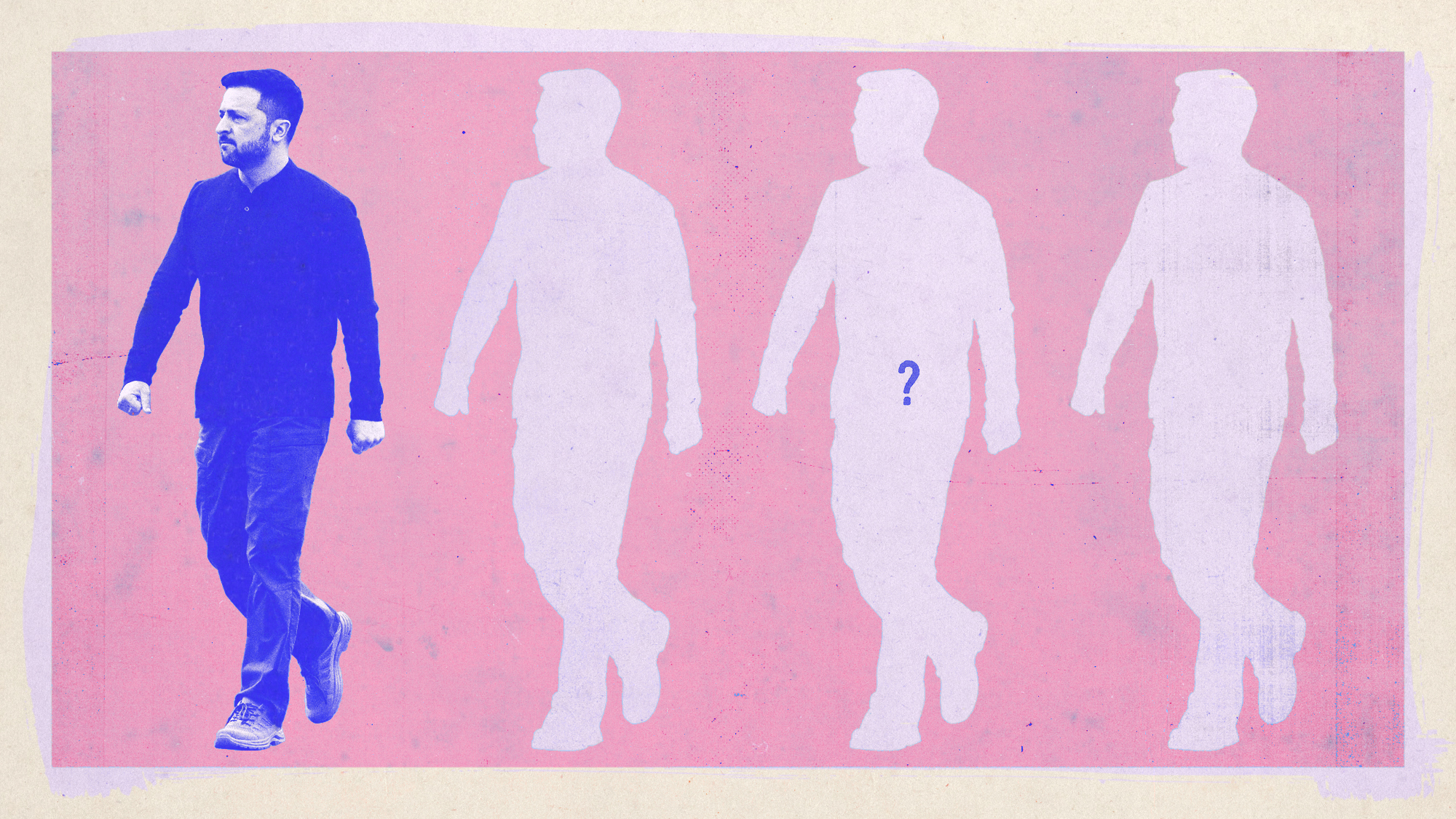 Ukrainian election: who could replace Zelenskyy?
Ukrainian election: who could replace Zelenskyy?The Explainer Donald Trump's 'dictator' jibe raises pressure on Ukraine to the polls while the country is under martial law
By Sorcha Bradley, The Week UK
-
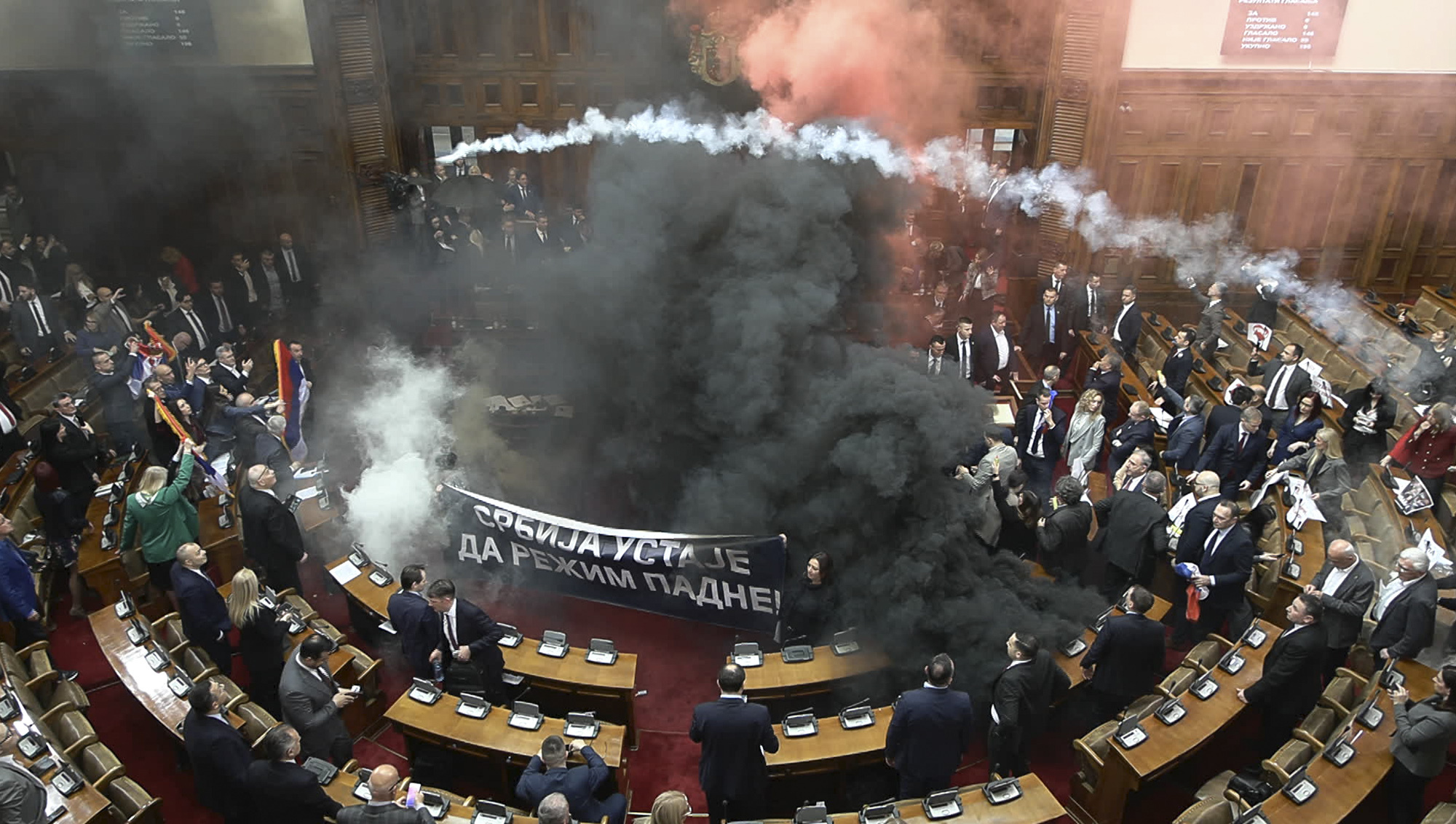 Why Serbian protesters set off smoke bombs in parliament
Why Serbian protesters set off smoke bombs in parliamentTHE EXPLAINER Ongoing anti-corruption protests erupted into full view this week as Serbian protesters threw the country's legislature into chaos
By Rafi Schwartz, The Week US
-
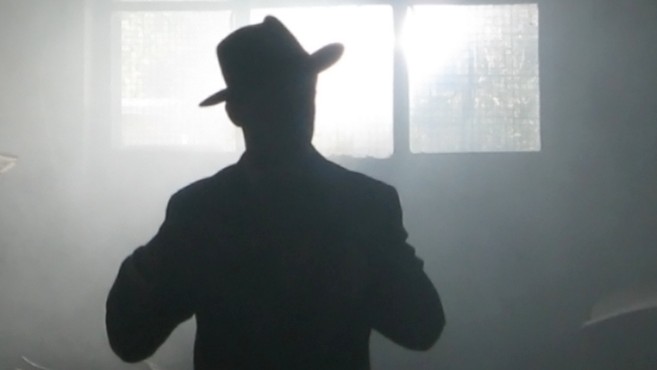 Who is the Hat Man? 'Shadow people' and sleep paralysis
Who is the Hat Man? 'Shadow people' and sleep paralysisIn Depth 'Sleep demons' have plagued our dreams throughout the centuries, but the explanation could be medical
By The Week Staff
-
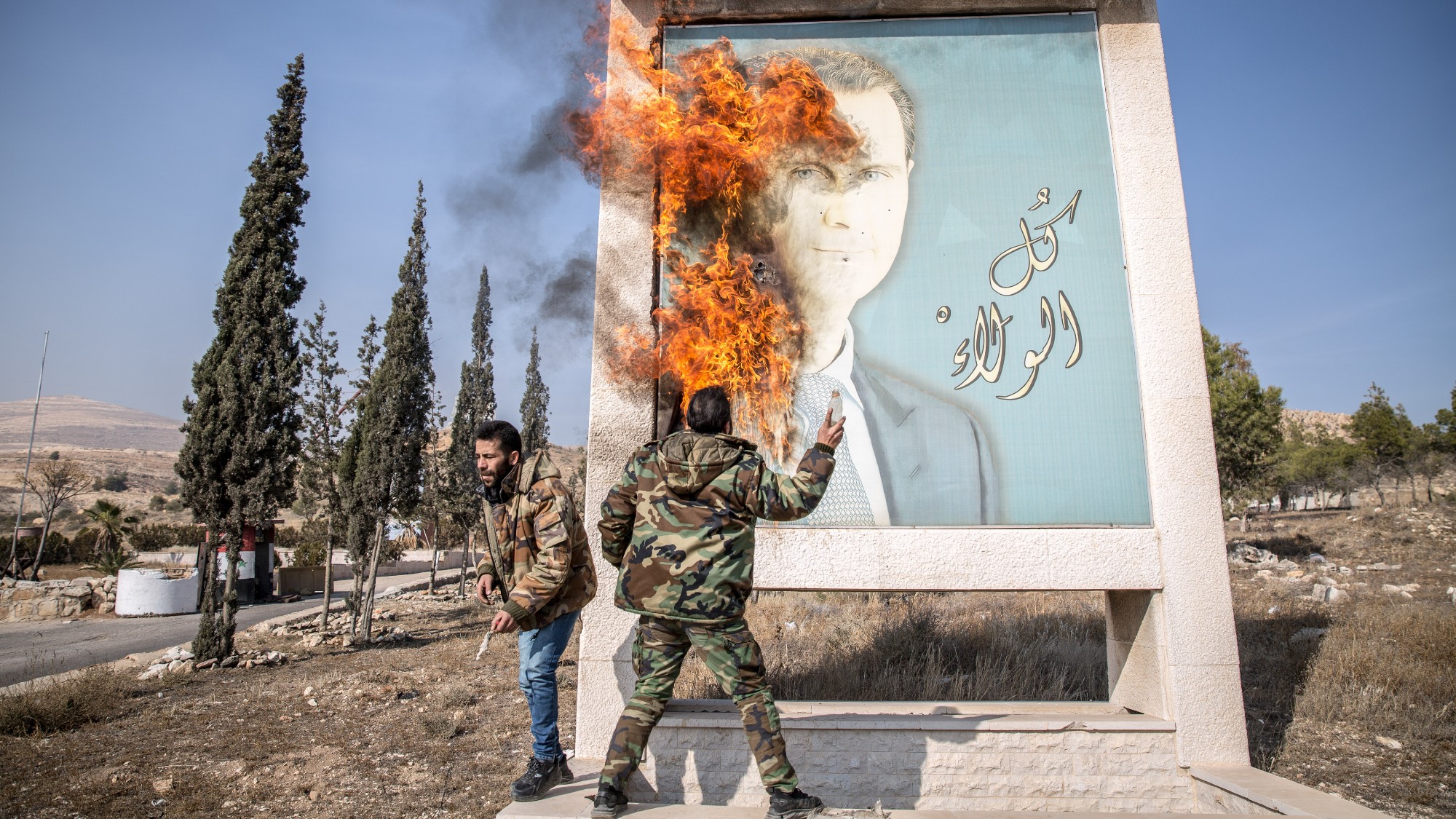 Why Assad fell so fast
Why Assad fell so fastThe Explainer The newly liberated Syria is in an incredibly precarious position, but it's too soon to succumb to defeatist gloom
By The Week UK
-
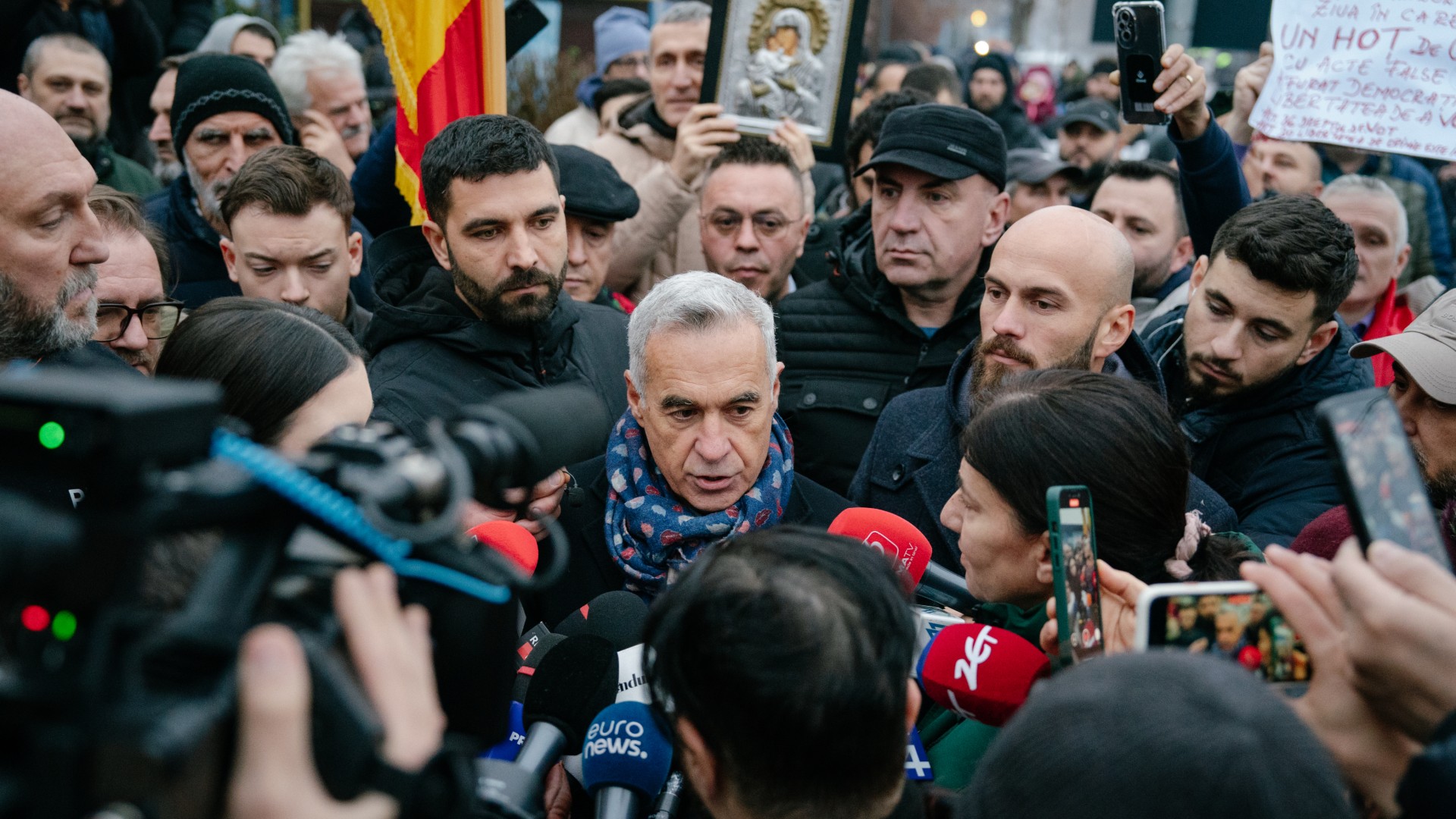 Romania's election rerun
Romania's election rerunThe Explainer Shock result of presidential election has been annulled following allegations of Russian interference
By Sorcha Bradley, The Week UK


